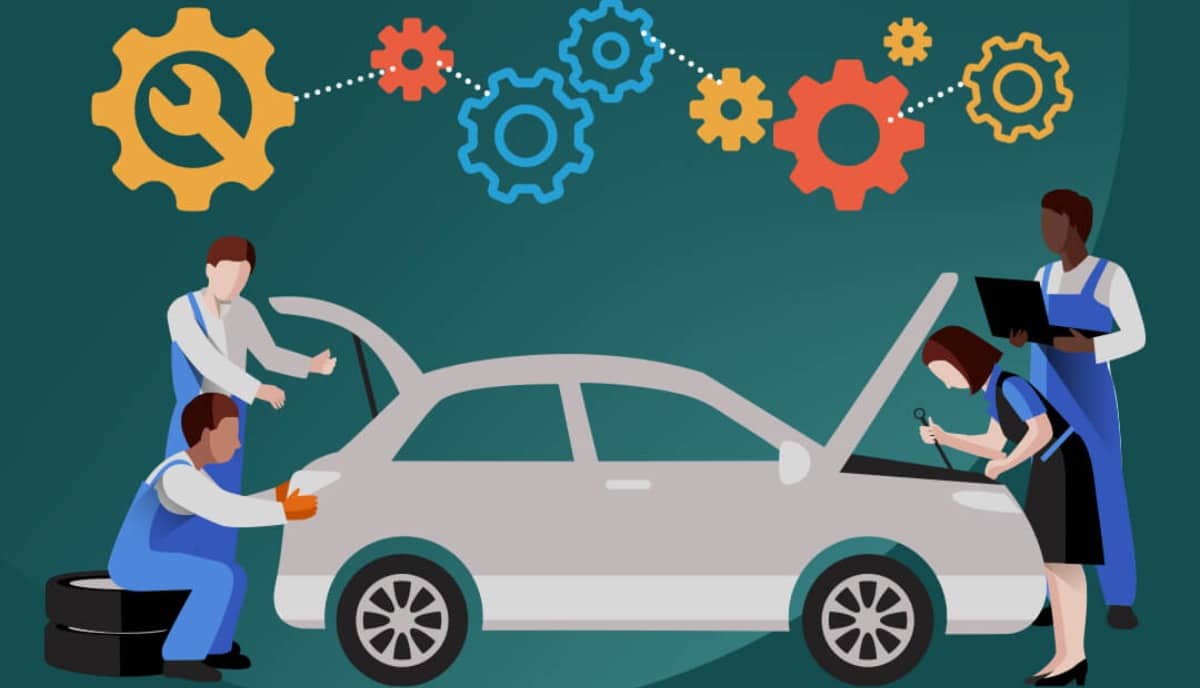The automotive industry is evolving rapidly, introducing innovations that enhance comfort, safety, and efficiency. In 2025, several groundbreaking technologies are set to transform the way we drive. In this article, we will explore 10 of the most exciting upcoming automotive technologies.
1. Electric Cars with Longer Range

Electric vehicles (EVs) are becoming more advanced with solid-state batteries, which can extend the driving range to 800 km (500 miles) on a single charge. This technology will address the primary concern of EVs—limited battery capacity.
2. Level 4 Autonomous Driving
Self-driving technology has now reached Level 4, allowing cars to operate autonomously in designated areas without human intervention. Companies like Tesla, Waymo, and Mercedes-Benz are already testing this system.
3. 5G Connectivity for Vehicles
Future cars will be equipped with 5G connectivity, enabling vehicle-to-vehicle (V2V) and vehicle-to-infrastructure (V2I) communication. This will improve road safety and traffic efficiency.
4. Augmented Reality Head-Up Display (HUD)
HUD technology is becoming more advanced with augmented reality (AR), displaying navigation details, speed, and road conditions directly on the windshield. BMW and Audi have already implemented this in their latest models.
5. AI-Based Safety Systems
Artificial intelligence is being used to enhance driving safety with features such as automatic braking, driver fatigue detection, and real-time driving analysis to reduce accident risks.
6. Hydrogen-Powered Vehicles
In addition to electric cars, hydrogen fuel cell vehicles are gaining traction. Toyota and Hyundai have developed hydrogen-powered cars that offer high efficiency with zero emissions.
7. Ultra-Lightweight and Durable Materials
Future vehicles will use materials like carbon fiber and high-strength aluminum, reducing vehicle weight, improving fuel efficiency, and increasing durability.
8. Wireless Charging Technology
Electric vehicle charging is becoming more convenient with wireless charging pads. Drivers can simply park over a charging pad, and their EVs will charge automatically without the need for cables.
9. Internet of Things (IoT) Integration
Cars will be connected to a digital ecosystem, allowing remote control via smartphone apps for unlocking doors, starting the engine, and monitoring vehicle conditions.
10. Airless Tires Technology
Michelin and Bridgestone are developing airless tires, which are more durable, maintenance-free, and environmentally friendly compared to traditional air-filled tires.
Conclusion
With these innovations, the automotive industry is set to undergo massive changes in the coming years. Cars will become smarter, safer, and more efficient, providing drivers with a better overall experience.








